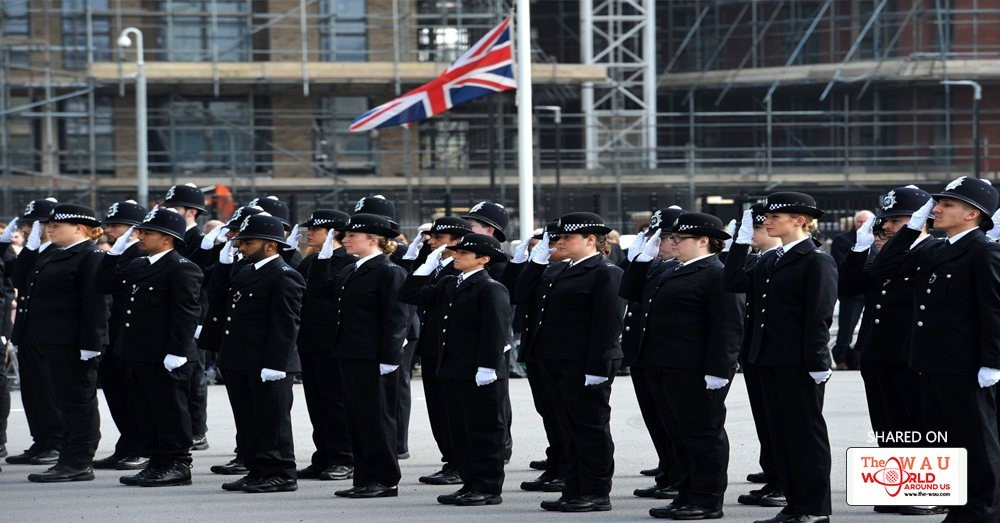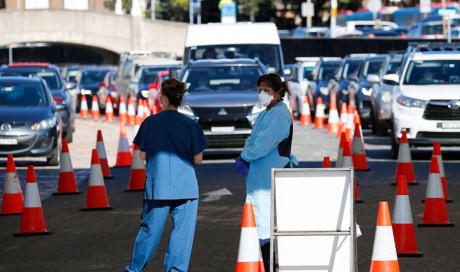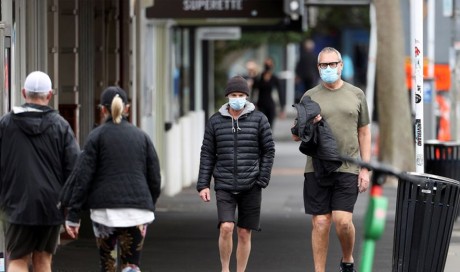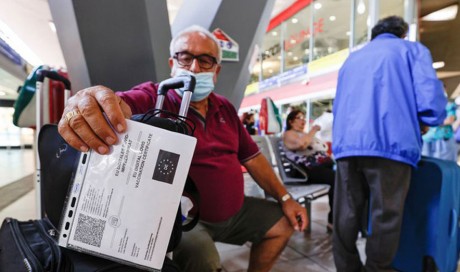The man who brought terror to the heart of London on Wednesday was British-born, and authorities have given no indication his planning unfolded transnationally. But the attack at the Palace of Westminster had instant ramifications for Europe and for the globe, not least because of the international profile of those killed or injured, among them Brits, Americans, Romanians and Italians.
There was another reason the attack sowed wider uncertainty, as it underscored questions about the terms of Britain’s planned exit from the European Union. At stake, analysts said, may be the future of police cooperation and intelligence sharing, which have been hallmarks of European counterterrorism efforts. Strikes similar to the one at the center of the British government Wednesday have frequently involved people or weapons traversing state lines. The carnage in London took place a year to the day after men who belonged to a terrorist cell involved in the 2015 Paris attacks set off bombs in Brussels. The Islamic State militant group claimed responsibility for each assault.
“What’s now obvious is that when a motor vehicle is used as a weapon, we’re all at risk,” said Benjamin Bowling, a scholar of global policing at King’s College London. Whether the case is domestic or international, he said, “you need proper sharing of information and a strategy in relation to people who are committing acts of this kind across borders. Without lawful processes for sharing information and working together post-Brexit, that kind of cooperation becomes much more difficult.”
The attack immediately renewed debates over immigration and border policy, dominant issues in last year’s referendum in which British voters decided to leave the bloc. This week, then, was another occasion for far-right politicians and pundits to argue for tightened controls. Nigel Farage, the former leader of the U.K. Independence Party, asked on Fox Business: “We already have a problem with homegrown terrorism. Why on Earth would you add to it by bringing people in?”
If the relevance for Britain’s looming exit from the E.U. weren’t clear enough, the issue will be made manifest on Saturday, when thousands are expected to march on Parliament in opposition to Brexit.
The shadow of Brexit was perhaps clearest, though, in a meeting Thursday between British Prime Minister Theresa May and Jaroslaw Kaczynski, who chairs Poland’s right-wing Law and Justice Party, about the terms of the British departure. Earlier in the day, Polish Prime Minister Beata Szydlo told a Polish television station that “it is impossible not to connect” terrorism and immigration policy. It was the same day British officials identified the perpetrator, who was shot dead at the gates to Parliament, as 52-year-old Khalid Masood, a Briton whose birth name was Adrian Russell Ajao.
Kaczynski told media outside Downing Street that the meeting focused on the fate of Polish citizens in Britain. But the most pressing question about Brexit following Wednesday’s attack is not about work visas, analysts and former diplomats said. At risk, depending on the outcome of exit negotiations, are core law enforcement and security institutions, they said.
In the event of a decisive break from Europe, Britain would retain bilateral intelligence relationships but lose access to multilateral analytic tools, as well as bilateral mechanisms involving police and judicial authorities, said Gijs de Vries, a former E.U. counterterrorism coordinator and Netherlands politician and a fellow at the London School of Economics. Various British intelligence agencies, such as MI5 and MI6, would continue to cooperate with European partners, he said.
“What would change is the complementary exchanges at the analytical level,” he said. “For example, what patterns do we see throughout Europe of travel by potential terrorist suspects? These questions are discussed in the European Union Intelligence and Situation Center.”
In the area of police and judicial cooperation, Britain could lose access to numerous vehicles of information exchange, said de Vries, who helped write the E.U.’s counterterrorism strategy in 2005. Those include the association’s law enforcement and judicial agencies, as well as databases that store security details, such as DNA, fingerprints and vehicle information. It could lose access to legal instruments that allow member states to quickly extradite criminal suspects, as Britain did with a suspect who fled to Italy after a failed second attempt at subway bombings in 2005. The first round killed more than 50 people. The attack Wednesday at Westminster, which ended with the death of at least four, in addition to the perpetrator, was the deadliest strike since the coordinated suicide bombings more than a decade ago.
Britain must decide whether to request access to these instruments as part of its negotiations, de Vries said. If it does, that will entail continued political affiliation with European partners.
“If you want to opt in to these things, it means you stay part of the club in a number of particular areas,” he said. “If the Brits put sovereignty above security, everybody loses.”
Other experts suggested Britain’s participation in police and security cooperation would outlast Brexit, particularly given that the organs of intelligence-sharing were not the source of Euroskepticism powering the leave campaign.
“My starting point is that there’s no concrete reason why intelligence cooperation shouldn’t continue and be quite good,” said James de Waal, a former British diplomat and a senior consulting fellow at Chatham House, a research institution based in London. “These are things that will have to be settled and negotiated.”
In a report released in December, the E.U. committee of the House of Lords labeled security cooperation one of the government’s “top four overarching objectives in the forthcoming negotiations.” It found “considerable consensus among UK law enforcement agencies on the EU tools and capabilities they would like to see retained,” including Europol and Eurojust, the Schengen Information System, the European Arrest Warrant and the European Criminal Records Information System.
A spokesman for the Home Office said preserving security and stopping terrorism are among the prime minister’s 12 negotiating objectives.
“As part of the negotiations, we will discuss with the E.U. and member states how best to continue cooperating on security, law enforcement and criminal justice,” the spokesman said.
To label something a priority is not the same as guaranteeing it a solution, Bowling said.
“The government does not want to reveal its hand — fair enough,” he said. “Meanwhile, the actual practical negotiations of how this is going to work — what the U.K.’s relationship with Europol and the Schengen Information System is going to be, how it will run the European Arrest Warrant, which depends on the regulatory framework of the European Court of Justice — these are all really important questions.”
The strike at the British government made these concerns newly urgent, Bowling said. “We are moving rapidly toward the edge of a cliff,” he said,
Even in the midst of uncertainty, some residents found reason for hope.
Geraldine Cooke, who works in publishing, came into London from the suburbs on Thursday evening to take part in a candlelight vigil.
“I’m a Londoner,” she said. But she also saw in the attack new cause for European unity, volunteering a story in which she had left a trip in Italy last summer to return home to vote in the Brexit referendum. When she told Italians why she was leaving, she said, they clutched her arm.
“Remain,” they urged her.
“We have to stick together,” Cooke said.
Share This Post















